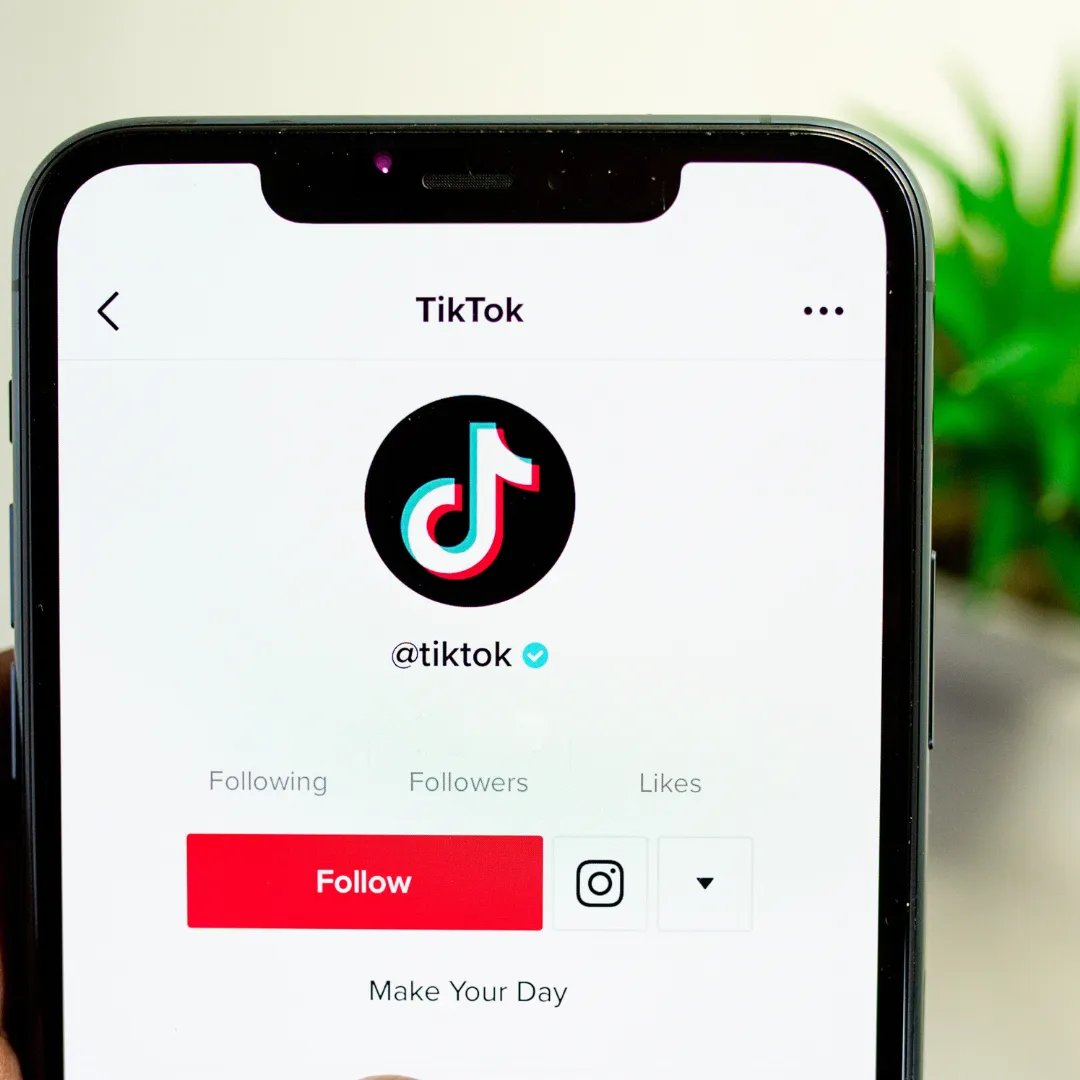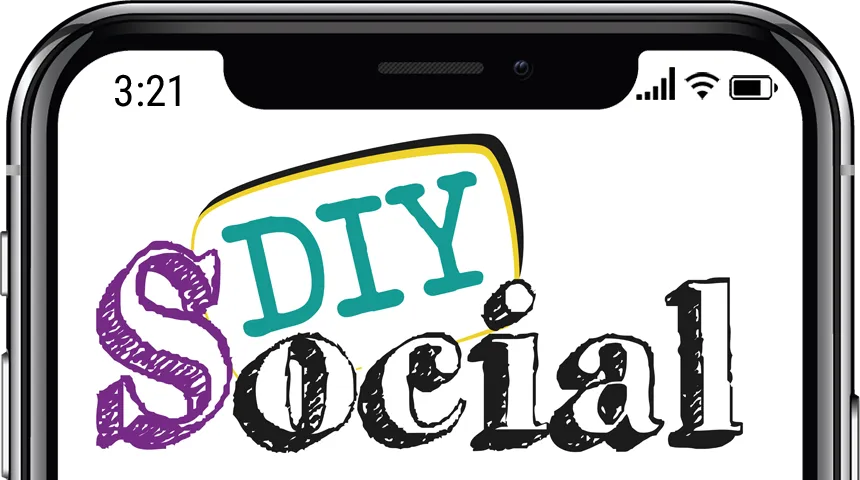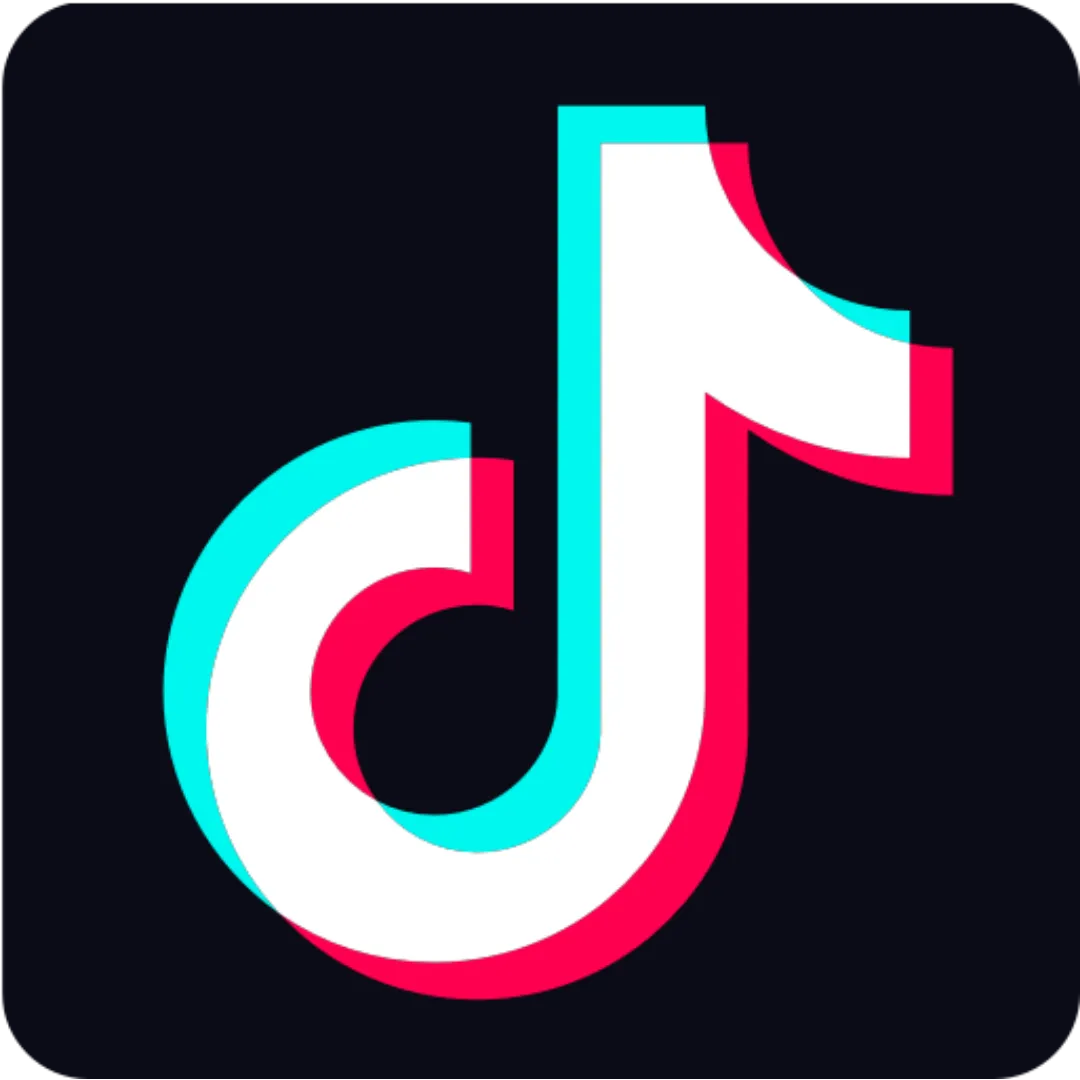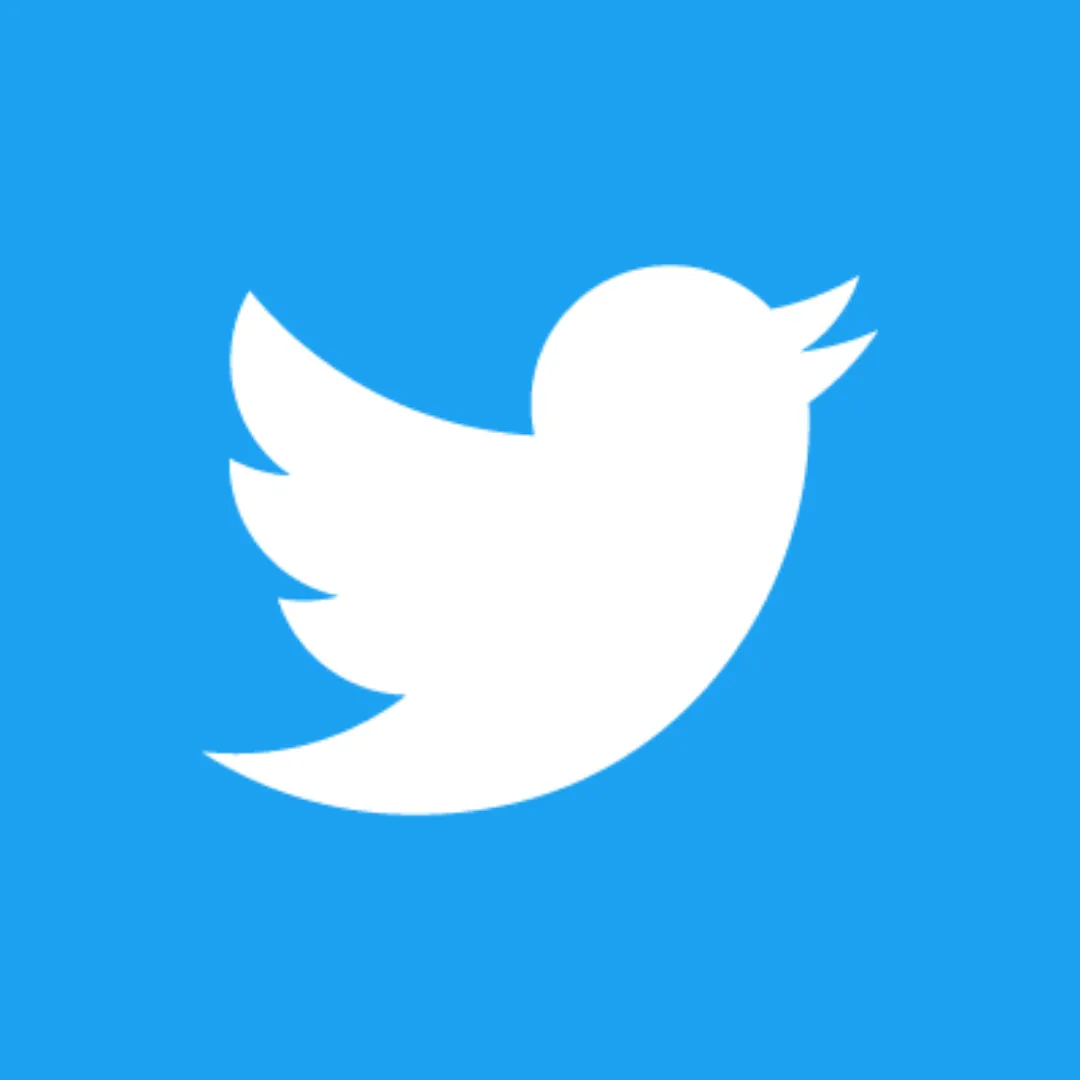Sales Funnels
Social Media Marketing

What is a sales funnel?
If Social Jargn were to make an educated guess, the online sales funnel many business owners, entrepreneurs, coaches, consultants, and course creators are most familiar with would be ClickFunnels by Mr. Russell Brunson (but we have many reasons to believe our funnel systems platform is better).
And while that is pretty accurate (and the exact service we provide!), technically speaking the sales funnel is another term for the customer's journey. Specifically, the process your potential customers or client prospects flow through to become a paying customer.
Each step of the funnel addresses each phase the customer goes through. A quick Google search will show varying examples of sales funnels and because everyone seems to have a different take on what should be involved, it can be confusing at first. In actuality, your sales funnel may look different than someone elses. But here are the most common phases used: Awareness, Interest, Consideration, Decision, Purchase.
Why would you want a sales funnel?
Sales funnels help business owners understand the behavior beind each phase of the funnel. It gives you an inside peak into what they are thinking, feeling, and experiencing at each phase of the process and gives you the opportunity to improve.
In the context of an online sales funnel (or ClickFunnel), we have found they are fantastic for new product and service launches, course and community enrollment, retreats and events, and other items ideal for quick purchases (ie. book or downloadable) when a full e-commerce store doesn't mak1 Columne sense.
46% of online learners choose business-related courses.
Content marketing drives 3x more leads than traditional marketing.
55% of B2B buyers rely on content more often for purchasing decisions in 2022 compared to 2021.
How can Social Jargn help?
Let us build your funnels!
Online sales funnels look simple and easy, but they actually involve a lot of pieces and when they aren't put together properly, the funnel won't function like it should; leaving your visitors with a bad experiencing and decreasing your chance of a sale.
We work with you to design your funnel from start to finish and include every component you will need for success. Payment processing setup, email nurturing sequence, digitial delivery of products, automated text messaging, triggers and workflow configuration, access to services... with our all inclusive solution, we can even host your online courses.
Done For You
Done For You is exactly as it sounds. Consider Social Jargn your organization's marketing department without the additional costs of overhead, recruiting, and training. From start to finish, Social Jargn takes care of each and every intricacy for your organization. Regular meetings are held to ensure consistency and synergy with your sales team and internal leadership - this keeps everyone on the same page allowing for the best possible results! You remain the property owner for any digital assets created, meaning any intellectual property is yours to use at your discrecion. Services are available on a month to month basis, giving you the flexibility to add or remove projects as they fit your sales strategy and financial budget.
Done With You
Done With You plans are a hybrid between the Do It Yourself option and Done For You services. This tier is for entrepreneurs and business professionals who are looking to keep hands-on with their content and marketing, but need the routine tasks off their plate. For example, you may want consistent posting to be sent out on your social media accounts but prefer to handle comments and messages on your own. Or, you are recording your video footage and need someone to make the edits for you. Perhaps you have a podcast and would like the audio transcribed and reposted on your blog. We work in tandem and Social Jargn fills in the gaps you need so nothing is missed!
Do It Yourself
Sometimes, business owners are unable to hire a service to handle their marketing, social media, website maintenance, etc. but when they get stuck, they need someone to turn to! DIYers benefit from the Social Jargn community where learning is self-paced and questions are answered in video replies and click-by-click walkthroughs. For more in-depth hurdles, private virtual appointments are also available for guidance and troubleshooting.
Contact Us

Is TikTok a Time Bomb?
Is TikTok a Time Bomb?

TikTok is the social media phenomenon with bigwigs pushing the use of the platform to generate revenue and leads for businesses. Who doesn’t want to be the next big social media influencer and who doesn’t want to do something that will change their business forever? And while I was eager to set up an account, quite a few things made me uninstall the app on my phone… copyright infringement and a specific vague statement in their privacy policy. Others I’ve spoken to and articles available online are more concerned with censorship and national security. Parents also have concerns over their children being exposed to content that is inappropriate or putting them in a vulnerable position to pedifiles or easier targets for sex trafficing. Yikes. And while those are worthy concerns, that’s for a different blog post.
TikTok has made headlines in the news over these issues (and probably others I cannot account for) – topics that many users don’t seem to be concerned about. But my job as a Social Media Expert is to be informed and educate my clients on the best platforms to use for their business. Because if there’s a chance to be the next big influencer, why the heck not? I credit my son – a 15-year-old – for the motivation to dig deeper into the platform and how they are functioning as a company.
For those who aren’t familiar with TikTok, the app is owned by ByteDance and originally launched as Douyin. The app re-branded as TikTok after merging with another app they own, musical.ly (another controversial app), in 2018. So what’s the big deal? Why should YOU care?
For a lot of people, the fact that ByteDance is a Chinese company is enough to turn them away. While we are used to privacy laws in the United States, Chinese companies do not have the same rights as we do. Shockingly, privacy protection is a relatively new concept for China with current laws requiring consent to collect personal information but allowing their government to demand the information of users be submitted through random inspections of internet service providers. Wowza. Now, in late 2019 a company called Special Counsel was hired to analyze the TikTok app to understand what was happening to user data as well as where it was going. Findings from the Colorado company showed United States user information being stored on servers in Virginia and Singapore. Douglas Brush and his team reported they could not find any way TikTok could send data to China during his analysis.
TikTok’s security risk is such a big deal, lawmakers are attempting to ban the use of the app on United States federal government devices. The TSA and U.S. Army have also banned the app on employee phones.

My concern is a little less “big” and is over TikTok’s Privacy Policy. Specifically, the information they collect automatically including keystroke patterns or rhythms. And you may be saying, “Well, they ALL do that…” and to a point yes. Facebook has no mention in the Privacy Policy about tracking keystroke patterns, but they do disclose how they track your activity within and outside of the app. (Here’s Facebook’s Privacy Policy if you want a deep dive into the information they are collecting and how they use it.) TikTok doesn’t address this when it comes to keystrokes. I do not want to use their app, navigate to my Internet app, then visit my bank website. I don’t know if or how they are following me outside of the app.
To date, I haven’t been able to find anything to clarify if this is in-app only or if keystrokes are watched outside of the app. iPhone users should be wary as the Notes app on Apple devices is continuously under scrutiny for poor security – even for their locked notes. Now, if everyone would just STOP storing sensitive information like social security numbers, bank account information, and passwords in their phone that’d be great. Hackers love these people.
From personal experience, when I had the app installed on my phone I would get something weird on my screen – late at night, say 2 or 3 AM. I would be watching YouTube, living my best quarantine life, and the YouTube app would go semi-transparent; and underneath would be what looked like some strange pop-up. I couldn’t interact with it at all but it weirded me out. I couldn’t figure out what it was. Then I uninstalled TikTok and haven’t had the problem since.
Another annoying thing… I thought I would be super clever and sign up using my telephone number. HOLY SPAM!! I get so many text messages from random people and sketchy links. I block and report each one but UUUUUGH. Dumb. And I still haven’t reinstalled the app to remove my account because… well, confused about the security! I even installed a virus scanner on my phone just in case.
For artists and content creators the issue has become more personal. TikTok is currently in the beginning stages of compensating music artists for their tracks being used on the platform in videos published by TikTok users. While TikTok’s policy does not allow content that infringes on copyright, that doesn’t mean everyone is caught. My son reported a favorite YouTuber had clips of his videos “stolen” then uploaded to the TikTok platform without his consent. Or pay. TikTok has made agreements with some artists for their music, but that doesn’t address the larger problem… and doesn’t mean they’re being paid fairly. Perhaps a legal battle would light a fire for their executives to figure something out sooner rather than later – it is estimated that more than half of the music on the app is unlicensed.
Some good news was released this week however – Kevin Mayer, former Chairman of the Walt Disney Direct-to-Consumer and International has taken the role of CEO for TikTok and COO for ByteDance. He’s essentially the man who launched Disney+ into our homes (thanks for that, by the way!). Hopefully, the United States tie will help improve TikTok’s current faults.
Personally, I won’t keep the app on my primary device until the security issues are addressed. I have a second phone for emergencies (like a phone drop or a total hardware or software crash) and will probably download it on that device – where my main accounts aren’t used and away from my client’s data. I will say this about TikTok… Instagram and Facebook really need to mimic their video editing tools. TikTok is on point in this area and incredibly impressive.

Is TikTok a Time Bomb?
Is TikTok a Time Bomb?

TikTok is the social media phenomenon with bigwigs pushing the use of the platform to generate revenue and leads for businesses. Who doesn’t want to be the next big social media influencer and who doesn’t want to do something that will change their business forever? And while I was eager to set up an account, quite a few things made me uninstall the app on my phone… copyright infringement and a specific vague statement in their privacy policy. Others I’ve spoken to and articles available online are more concerned with censorship and national security. Parents also have concerns over their children being exposed to content that is inappropriate or putting them in a vulnerable position to pedifiles or easier targets for sex trafficing. Yikes. And while those are worthy concerns, that’s for a different blog post.
TikTok has made headlines in the news over these issues (and probably others I cannot account for) – topics that many users don’t seem to be concerned about. But my job as a Social Media Expert is to be informed and educate my clients on the best platforms to use for their business. Because if there’s a chance to be the next big influencer, why the heck not? I credit my son – a 15-year-old – for the motivation to dig deeper into the platform and how they are functioning as a company.
For those who aren’t familiar with TikTok, the app is owned by ByteDance and originally launched as Douyin. The app re-branded as TikTok after merging with another app they own, musical.ly (another controversial app), in 2018. So what’s the big deal? Why should YOU care?
For a lot of people, the fact that ByteDance is a Chinese company is enough to turn them away. While we are used to privacy laws in the United States, Chinese companies do not have the same rights as we do. Shockingly, privacy protection is a relatively new concept for China with current laws requiring consent to collect personal information but allowing their government to demand the information of users be submitted through random inspections of internet service providers. Wowza. Now, in late 2019 a company called Special Counsel was hired to analyze the TikTok app to understand what was happening to user data as well as where it was going. Findings from the Colorado company showed United States user information being stored on servers in Virginia and Singapore. Douglas Brush and his team reported they could not find any way TikTok could send data to China during his analysis.
TikTok’s security risk is such a big deal, lawmakers are attempting to ban the use of the app on United States federal government devices. The TSA and U.S. Army have also banned the app on employee phones.

My concern is a little less “big” and is over TikTok’s Privacy Policy. Specifically, the information they collect automatically including keystroke patterns or rhythms. And you may be saying, “Well, they ALL do that…” and to a point yes. Facebook has no mention in the Privacy Policy about tracking keystroke patterns, but they do disclose how they track your activity within and outside of the app. (Here’s Facebook’s Privacy Policy if you want a deep dive into the information they are collecting and how they use it.) TikTok doesn’t address this when it comes to keystrokes. I do not want to use their app, navigate to my Internet app, then visit my bank website. I don’t know if or how they are following me outside of the app.
To date, I haven’t been able to find anything to clarify if this is in-app only or if keystrokes are watched outside of the app. iPhone users should be wary as the Notes app on Apple devices is continuously under scrutiny for poor security – even for their locked notes. Now, if everyone would just STOP storing sensitive information like social security numbers, bank account information, and passwords in their phone that’d be great. Hackers love these people.
From personal experience, when I had the app installed on my phone I would get something weird on my screen – late at night, say 2 or 3 AM. I would be watching YouTube, living my best quarantine life, and the YouTube app would go semi-transparent; and underneath would be what looked like some strange pop-up. I couldn’t interact with it at all but it weirded me out. I couldn’t figure out what it was. Then I uninstalled TikTok and haven’t had the problem since.
Another annoying thing… I thought I would be super clever and sign up using my telephone number. HOLY SPAM!! I get so many text messages from random people and sketchy links. I block and report each one but UUUUUGH. Dumb. And I still haven’t reinstalled the app to remove my account because… well, confused about the security! I even installed a virus scanner on my phone just in case.
For artists and content creators the issue has become more personal. TikTok is currently in the beginning stages of compensating music artists for their tracks being used on the platform in videos published by TikTok users. While TikTok’s policy does not allow content that infringes on copyright, that doesn’t mean everyone is caught. My son reported a favorite YouTuber had clips of his videos “stolen” then uploaded to the TikTok platform without his consent. Or pay. TikTok has made agreements with some artists for their music, but that doesn’t address the larger problem… and doesn’t mean they’re being paid fairly. Perhaps a legal battle would light a fire for their executives to figure something out sooner rather than later – it is estimated that more than half of the music on the app is unlicensed.
Some good news was released this week however – Kevin Mayer, former Chairman of the Walt Disney Direct-to-Consumer and International has taken the role of CEO for TikTok and COO for ByteDance. He’s essentially the man who launched Disney+ into our homes (thanks for that, by the way!). Hopefully, the United States tie will help improve TikTok’s current faults.
Personally, I won’t keep the app on my primary device until the security issues are addressed. I have a second phone for emergencies (like a phone drop or a total hardware or software crash) and will probably download it on that device – where my main accounts aren’t used and away from my client’s data. I will say this about TikTok… Instagram and Facebook really need to mimic their video editing tools. TikTok is on point in this area and incredibly impressive.
© 2014 Social Jargn | Cookies Policy | Disclaimers | Privacy Policy | Terms of Service
© 2023 Social Jargn
Cookies Policy | Disclaimers
Privacy Policy | Terms of Service








